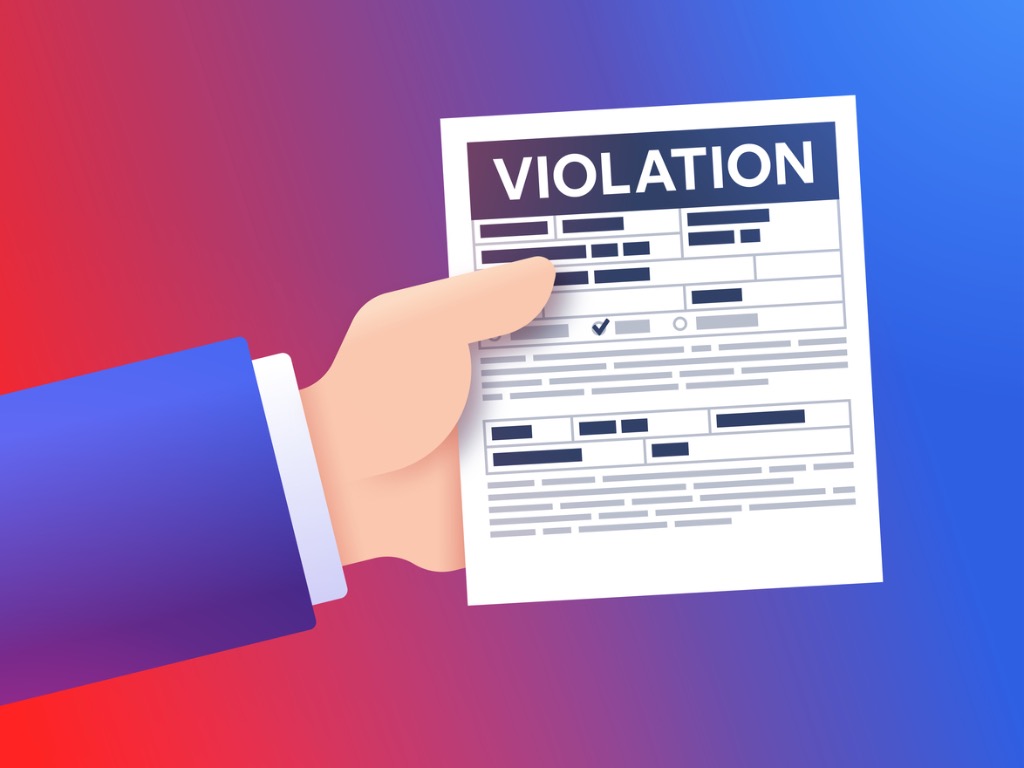501c3 Compliance: Avoiding Common Nonprofit Violations

Maintaining 501c3 compliance is crucial to preserving tax-exempt privileges. However, according to an article by Wild Apricot, there are common violations that can jeopardize that status.
Private Benefit & Inurement: Violations occur when an individual unfairly benefits from the organization, either through inurement (a close relationship) or private benefit (an outsider). This includes situations where staff or directors manipulate compensation or improperly use organization assets.
Excessive Lobbying: While lobbying is allowed, excessive lobbying can violate 501c3 rules. Organizations can elect to take the 501(h) expenditure test to determine acceptable lobbying limits.
Political Activity: 501c3 organizations and their representatives cannot campaign for or against candidates in any elections. They can, however, engage in non-partisan voter education.
Unrelated Business Income: Excessive income from activities not related to the organization’s exempt purpose may be subject to unrelated business income tax (UBIT). Certain exceptions apply, and nonprofits must file Form 990-T if their unrelated business income exceeds $1,000.
Failure to Submit Annual Reports: Nonprofits must file the appropriate version of Form 990 annually, depending on their gross receipts and total assets. Failure to do so for three consecutive years results in automatic loss of tax-exempt status.
Operation not in Accord with Stated Exempt Purpose(s): Deviating from the organization’s defined charitable purpose may lead to violations. Open communication with the IRS Exempt Organizations is crucial if changes occur.
If a nonprofit commits 501c3 violations, interventions may include IRS audits, implementation of corrective procedures, removal of staff and board members, excise taxes, financial penalties, and potential revocation of tax-exempt status.
To avoid violations, nonprofits should develop conflict of interest policies, educate staff and stakeholders on prohibited activities, maintain detailed financial reports and accurate board meeting minutes, seek legal advice when needed, and address issues promptly.
Read full article at:
Share this post:
Get the free newsletter
Subscribe for timely and substantive news curated for managers and senior staff at associations.






